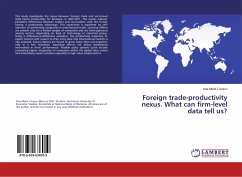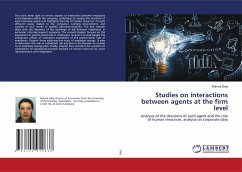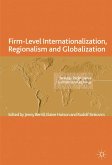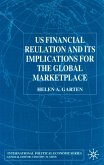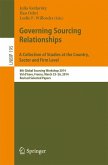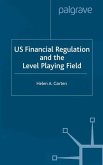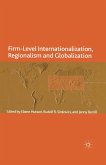This study investigates the nexus between foreign trade and micro-level Total Factor Productivity for Romania, in 2007-2011. The results indicate persistent differences between traders and non-traders, with the former having a productivity advantage. This superiority is explained by self-selection of performing companies in international trade. Learning effects are present only on a limited sample of companies and are heterogeneous among sectors, depending on level of technology or industrial group. Using a difference-in-difference estimator, the productivity trajectory of export starters with respect to their entry date into international markets is also analysed. Export starters are found to grow faster than non-exporters only in a few industries, exporting effects not being immediately internalised in firms' performance. Possible policy options could include promoting higher integration of companies within the global value chains and intensifying export activities especially in high value added sectors.
Bitte wählen Sie Ihr Anliegen aus.
Rechnungen
Retourenschein anfordern
Bestellstatus
Storno

